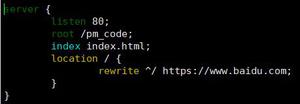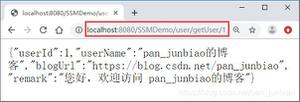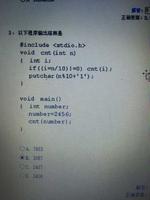在 c + + 中什么时候应该使用‘ friend’ ?
类的友元函数在类的作用域之外定义,但它有权访问该类的所有私有和受保护成员。即使友元函数的原型出现在类定义中,但友元不是成员函数。
友元可以是函数、函数模板或成员函数,也可以是类或类模板,在这种情况下,整个类及其所有成员都是朋友。
要将函数声明为类的友元,请在类定义中的函数原型之前添加关键字friend,如下所示:
class Box { double width;
public:
double length;
friend void printWidth( Box box );
void setWidth( double wid );
};
要将类ClassTwo的所有成员函数声明为类ClassOne的好友,请将以下声明放入类ClassOne的定义中
示例
friend class ClassTwo;For example,
#include <iostream>
using namespace std;
class Box {
double width;
public:
friend void printWidth( Box box );
void setWidth( double wid );
};
//成员函数定义
void Box::setWidth( double wid ) {
width = wid;
}
//注意:printWidth()不是任何类的成员函数。
void printWidth( Box box ) {
/* Because printWidth() is a friend of Box, it can
directly access any member of this class */
cout << "Width of box : " << box.width <<endl;
}
//程序的主要功能
int main() {
Box box;
//设置没有成员函数的框宽
box.setWidth(10.0);
//使用友元函数打印wdith。
printWidth( box );
return 0;
}
输出结果
这将给出输出-
Width of box: 10
即使该函数不是该类的成员,它也可以直接访问该类的成员变量。在某些情况下这可能非常有用。
以上是 在 c + + 中什么时候应该使用‘ friend’ ? 的全部内容, 来源链接: utcz.com/z/343599.html







